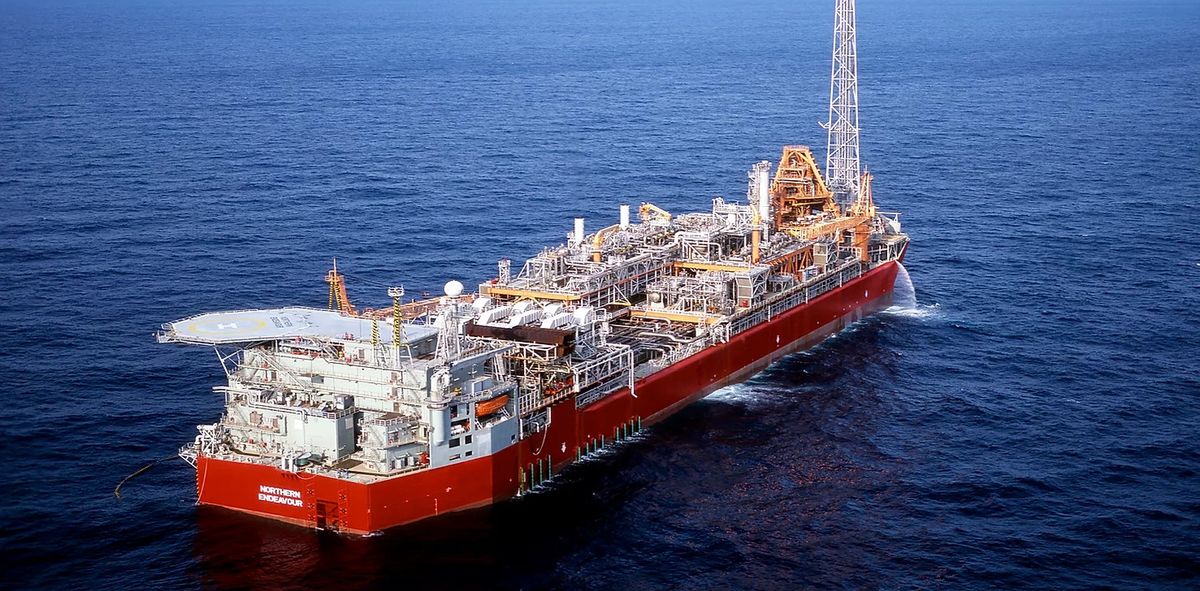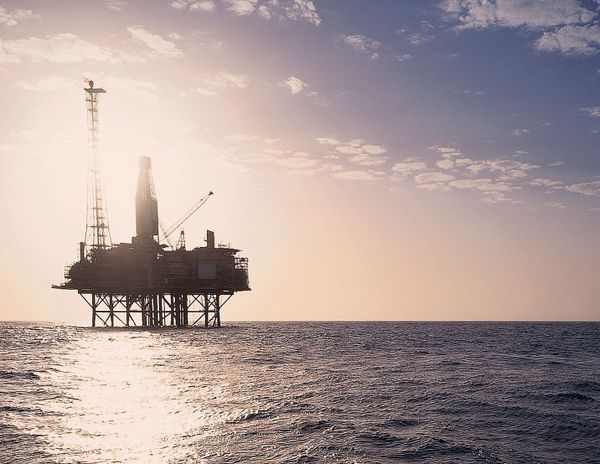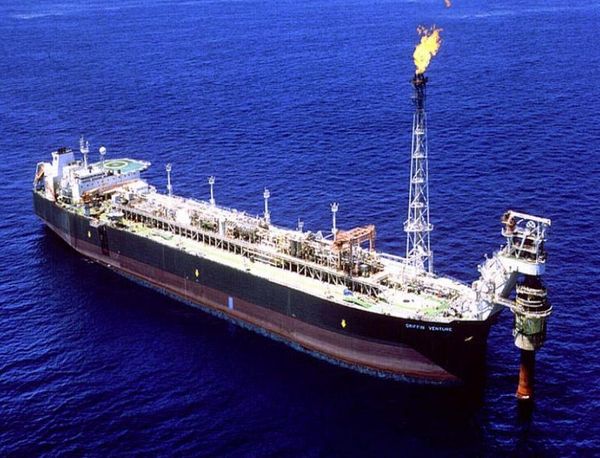Government asleep as offshore failure developed
If the Federal Government had been alert the financial failure of the Northern Endeavourur would not have been a surprise. Now Canberra has a huge bill for its omission.

This article was first published in Australian Energy Daily © Peter Milne.
A newborn oil and gas company that four years ago bought an ageing offshore facility for a pittance and allowed Woodside to reverse a A$140 million impairment has now failed, and Australian taxpayers may be left with a clean-up bill of more than A$200 million.
Creditors of Northern Oil and Gas Australia voted in Perth on Friday to liquidate it and two associated companies that owned the Northern Endeavor oil vessel, now without crew, and the Laminaria and Corallina oil fields.
New resources minister Keith Pitt announced in his first media release the establishment of a taskforce to look at long-term solutions “in the safest and most cost-efficient manner, and limit any costs to Australian taxpayers”.
“It is regrettable that a commercial solution could not be found to prevent NOGA entering liquidation, but the Government will do everything it needs to do to protect the safety and security of the Northern Endeavour production vessel to protect the environment and keep workers safe,” the minister said.
A Woodside spokesperson said the transfer to NOGA was properly undertaken under Australian laws and regulations.
Pitt could ponder the warning signs missed by his predecessors Josh Frydenberg and Matt Canavan in administering those laws and regulations before NOGA entered voluntary administration in September.
Oil and gas, particularly offshore, is a risky, technically complex and capital expensive business. Large experienced petroleum companies manage this risk with a portfolio of different assets and rarely hold 100% equity in any of them.
NOGA did it differently – small and inexperienced, it owned 100% of a single asset. The company was established by its owner and sole director Sydney-based Angus Karoll in August 2015, just one month before a conditional deal was struck with Woodside.
One area of concern should have been to ensure there would be enough funds for the decommissioning of the fields and equipment – a process the government describes as “robust” and is now reviewing.
Woodside had provisions of US$156 million ($234 million) for the asset it sold to NOGA, according to its 2015 annual report. Plugging and abandoning subsea wells in 380m of water is an expensive business.
Operators normally decommission after years of eking out the last barrels of production until revenue finally drops below operating expenses. The mammoth bill comes many years after the strong cashflows of peak production. Diversified producers source the funds from other operations. Where did the government think NOGA would find the cash?
Nevertheless, the deal was completed in April 2016 for, in offshore oil and gas terms, the pocket money of US$900,000. Woodside recorded an impairment reversal of US$95 million.
The warning signs continued after the sale, including doubts about the condition of the Northern Endeavour and how it was run.
In early 2017 an investigation by Upstream Production Solutions, the company contracted by NOGA to operate the vessel, into the potentially fatal fall of a piece of corroded equipment stated that Woodside’s earlier intent to abandon the facility, instead of selling it, had “led to a strategy of maintenance minimisation”.
The same report, that was submitted to the National Offshore Petroleum Safety and Environmental Authority, stated that the crew perceived a need to not follow procedures to “expedite resumption of normal production”.
In August 2017 the National Offshore Petroleum Titles Administrator approved the registration of a US$20 million mortgage over the production licences by Castleton Commodities, a US-based commodity trader.
Two months later Timor Sea Oil and Gas Australia, the entity bought from Woodside and owned by NOGA, lodged its 2015 annual report with ASIC more than a year late and revealed a US$30 million loss.
Auditors Ernst and Young noted “a material uncertainty that may cast significant doubt about the Company’s ability to continue as a going concern”. Viability required all wells to produce as expected with minimal operational issues and no significant decline in the oil price.
Everything had to go right, but it did not.
In 2016 the Northern Endeavour shipped just one cargo of oil and NOGA Holdings Pty LImited, the holding company of the liquidated companies that was not put into administration, lost US$19 million. Ernst and Young repeated its doubt about remaining an ongoing concern.
Again, in 2017, there was only one oil shipment and losses grew to US$48.5 million according to the NOGA Holdings report lodged in April 2019.
In the same month last year, NOPSEMA pulled up NOGA over not having the financial arrangements in place to deal with an oil spill and doubts over the continuation of its contract with UPS to operate the vessel.
In July NOPSEMA ordered the Northern Endeavour cease production in its “current degraded state” and shortly after required a backlog of maintenance to be done before production could recommence.
Karoll placed the companies in voluntary administration in September after Castleton refused to find further repairs unless NOPSEMA supplied a definitive list of work to be done, according to the report of administrator’s KPMG.
Castledon, a secured lender, is owed US$82 million and ASX-listed GR Engineering, owner of UPS, has suffered a $17 million impairment.
The Woodside spokesperson said the company, through industry lobby group APPEA, is contributing to industry discussions on this matter.
“Discussions are ongoing, and it is premature to speculate on the specific issue,” the spokesperson said.
“As Australia’s industry matures there will be significantly more decommissioning activities, so it is important that the right precedents are set.”
The most significant offshore decommissioning work ahead in Australia are the ageing Bass Strait facilities operated by ExxonMobil. The oil major is understood to have slowed its sale process due to concerns in Canberra stemming from the Northern Endeavour.
The lasting effect of NOGA’s brief four years of existence may well be the transfer of a nine-figure liability from Woodside’s shareholders to the Australian taxpayer.
It is a result that may surprise some in Canberra but had been considered a likely outcome by many in the industry for a few years.
A revised decommissioning framework would be an improvement if it included the requirement to act on copious amounts of publicly available information.
Main image: Northern Endeavour oil vessel in the Timor Sea Source: Northern Oil and Gas Australia.




